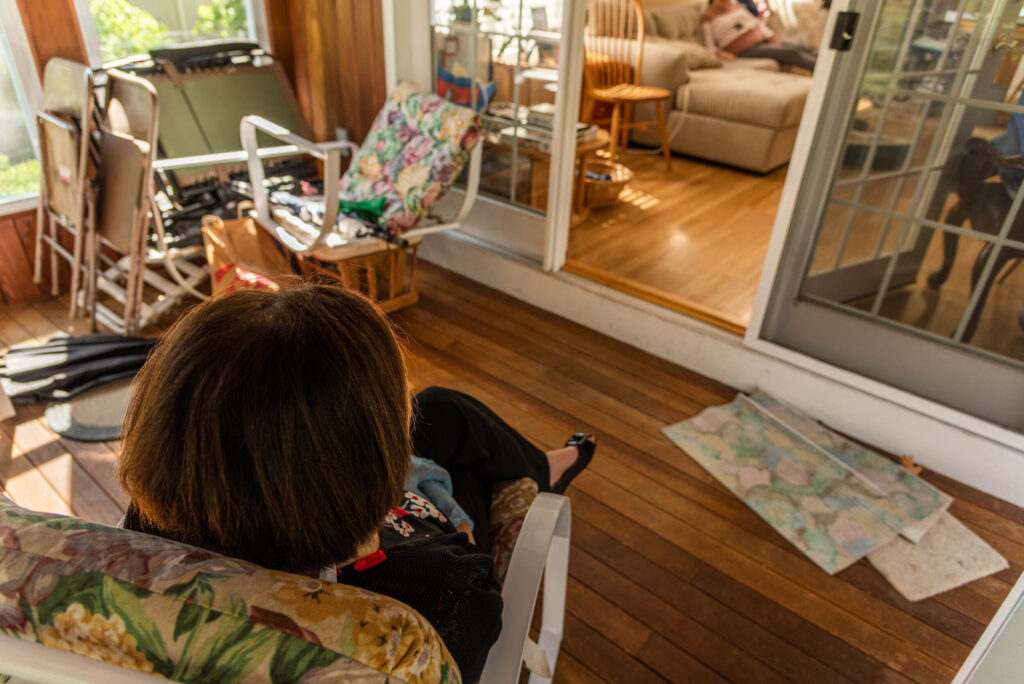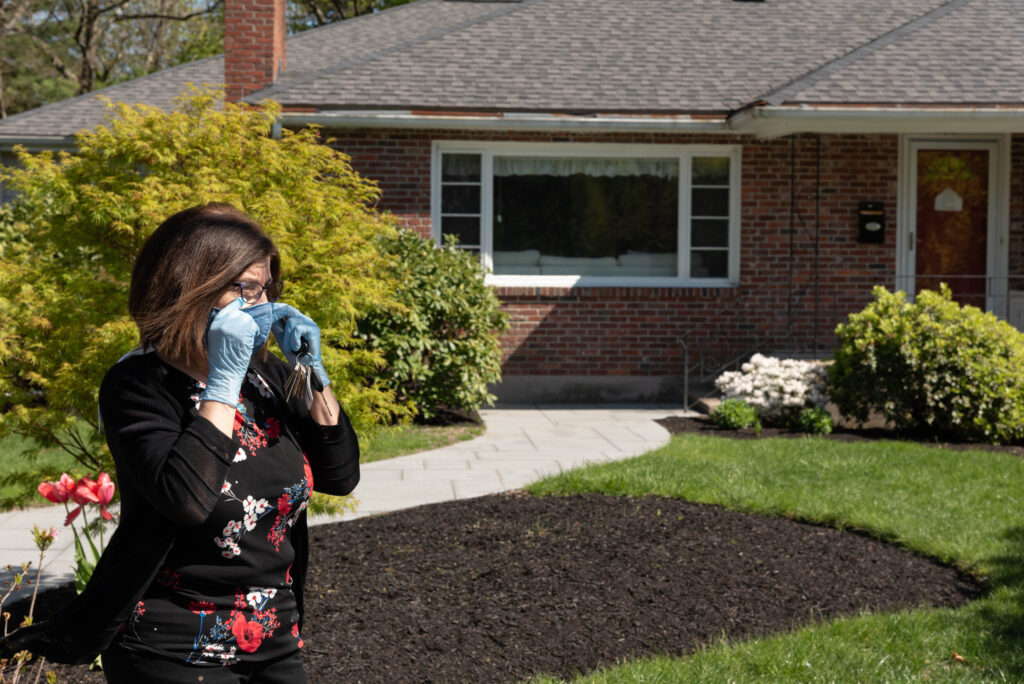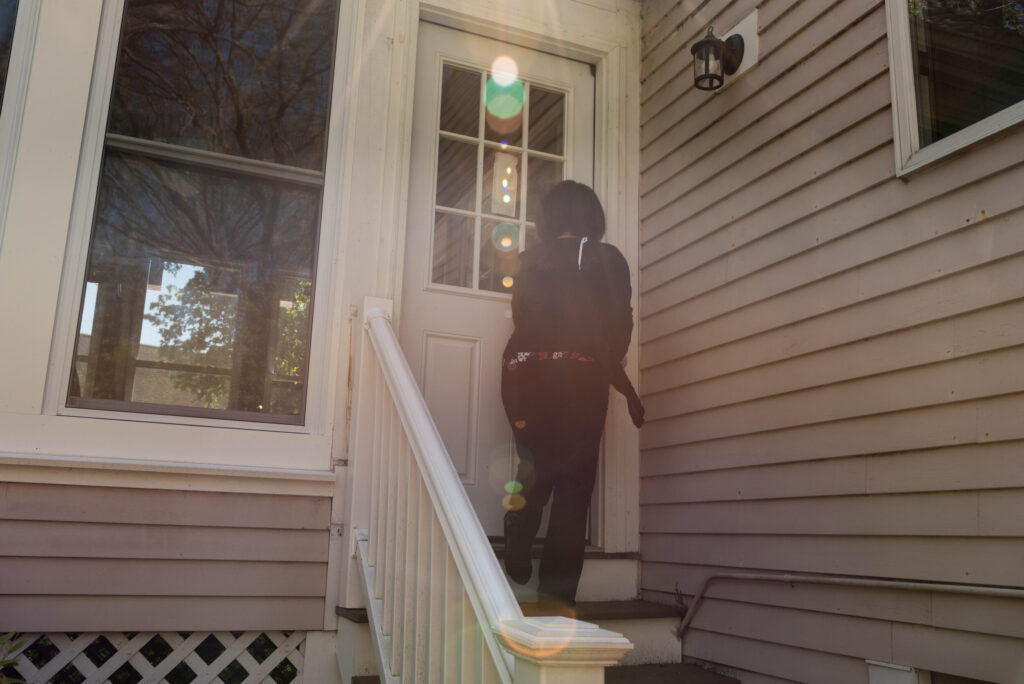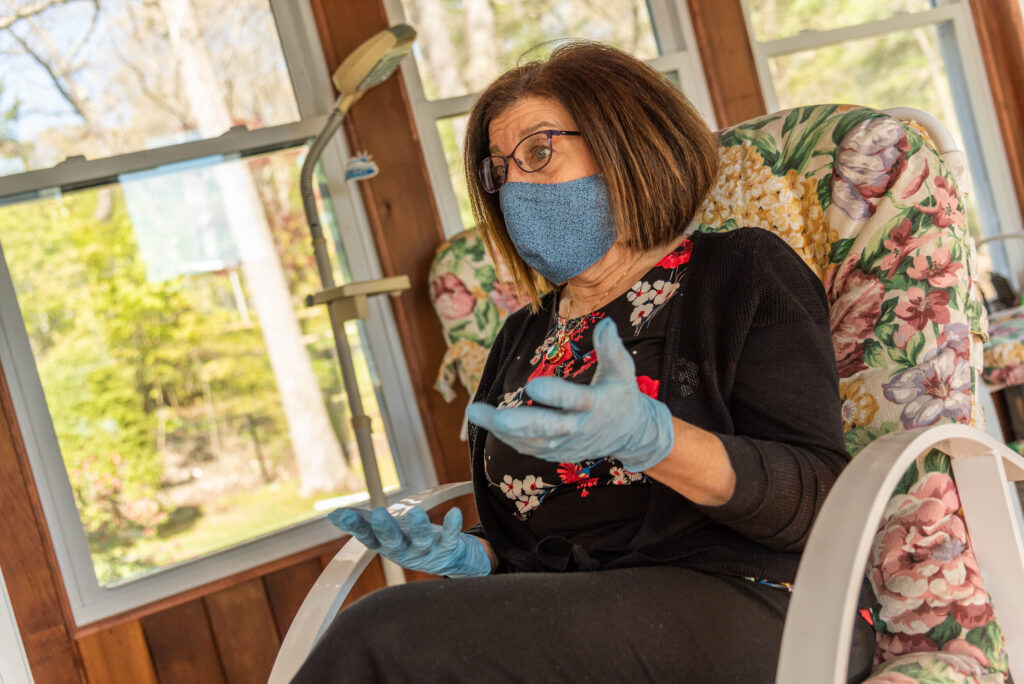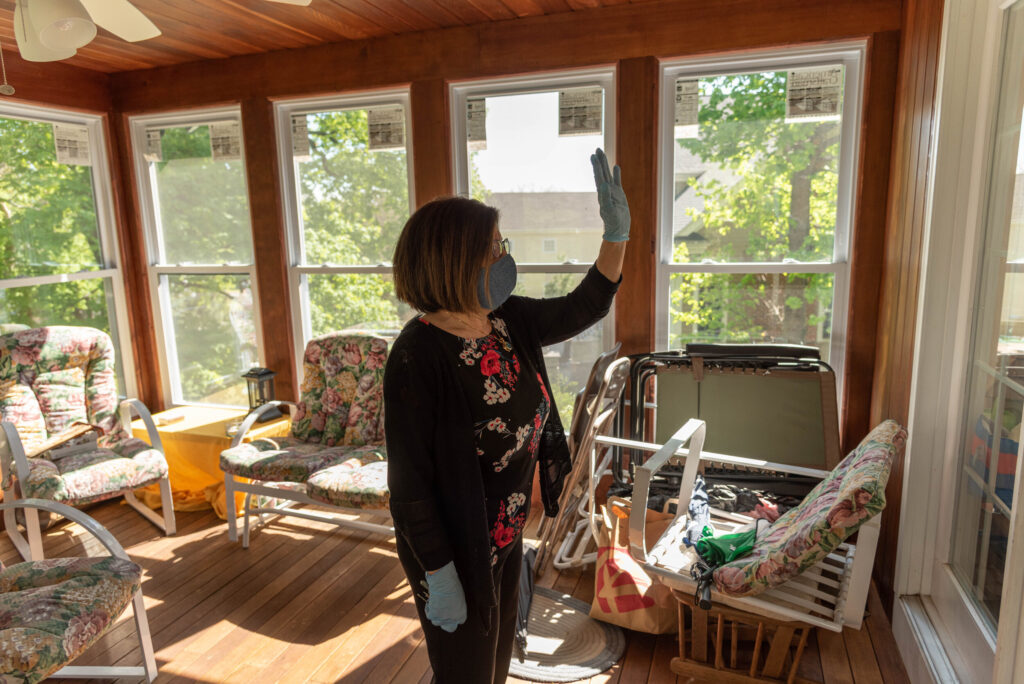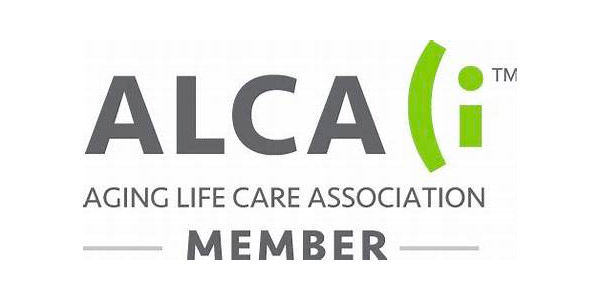Joan Harris, LSW, MBA, CMC, Nationally Certified Aging Life Care Professional; Founder, Symphony Care Management – A concierge elder care consulting company;
In my Care Management practice over the years, every relationship with a client starts with a face to face meeting. We get to know each other; we build trust as a foundation to our working relationship. Many of our clients have Alzheimer’s Disease or related dementias. Sitting together, listening to his or her life stories, acknowledging feelings and making that important connection is the key to all of our work together to make needed changes and reach client’s goals. Many older adults that I work with have suffered loses of family members and struggle with physical and cognitive decline. They may have been challenged with managing anxiety and depression over many years. Central to my role is to build and coordinate a specialized team of people and services to support them, each in a different way. I continually reassess the client’s changing needs, coach the care team and facilitate communication between team members and family.
It should all work like a well-oiled machine. A visiting nurse, a private caregiver, a companion, or an adult day program to name just a few tools in our toolbox, become an important part of my client’s daily life. This connection and daily routine is as important to my client’s well-being and stability as any medication that a physician prescribes. The continuity and rhythm of life with carefully implemented layers of support is often targeting the prevention of social isolation and the danger and decline that comes with it. (1 National Academies of Sciences, Engineering, and Medicine. 2020. Social Isolation and Loneliness in Older Adults: Opportunities for the Health Care System. Washington, DC: The National Academies Press.)
With the world pandemic of Covid-19, I stopped seeing clients in person in early March 2020 when it was clear that I could potentially and unknowingly expose my vulnerable older clients to the coronavirus. I spent the next weeks continuing to stock everyone up with sanitation supplies and put systems in place for the safe delivery of care with guidance from the Centers for Disease Control (CDC): and Mass.gov advisory: . Finding ways to deliver food, prepared meals and putting emergency back-up plans in place kept me pretty busy. It soon became clear to me that with increasing social isolation, the lack of stimulation and the loss of the structure of their day from scheduled activities, my clients were starting to struggle with increased anxiety and depression and some with increased confusion. No more outings, no more adult day programs, no more companion visits, no more family visits. We put tablets in place for some clients so they could FaceTime with families and their support systems. For clients with dementia, technology was only minimally helpful and often problematic depending on the client’s living environment, staff and capabilities.
Toward the end of April 2020, more specific information and guidance for safe and sanitary practices to prevent the spread of COVID-19 were available. In Massachusetts we were still under our Governor’s State of Emergency. Social Workers fall into the “essential worker” category and could go to “work” during the “stay at home” orders still in place. Slowly, and with permission of the Health Care Proxy for my clients, I started doing safe distance visiting with gloves and mask and sanitary protocols in place.
For one of my clients, I sat on her back porch. With her atrium door to her family room open, she is settled comfortably on her couch for our visit. She cannot hold onto the reasons we cannot sit closer or go out together but in that moment she knows that she is not being forgotten, that I am there for her as I have been in the past and will continue to be. What a joyful relief to once again be able to see one another and spend some time together!
In this time of “re-opening” the economy and increasing our activities outside of our closed circle of family, we, as providers of service, must be extremely vigilant about the risks we pose to one another and to the population we serve. We must reconnect the critical social bonds our clients need if we take the right precautions given to us by the experts. We can and must “reconstruct” the necessary components of connection and community. The mental health of our clients requires this. I look forward to the day that I can sit, once again next to my all my clients and not worry about holding their hand through difficult days or giving a hug. Until then, I will continue to safely do porch, patio, and front lawn visits and cherish the moments that we can be together.
